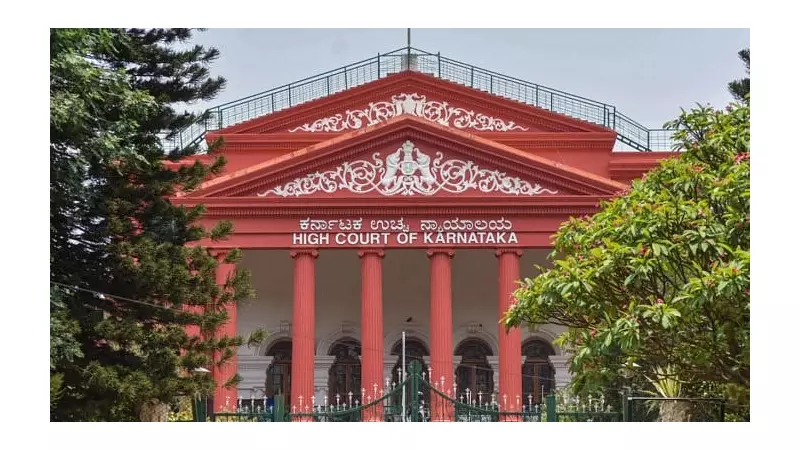
The Karnataka High Court has stepped into the heated debate surrounding Bengaluru's infrastructure development versus environmental conservation, directing the state government to provide clear answers about the fate of Lalbagh Botanical Garden's precious trees.
Judicial Scrutiny for Green Lungs
In a significant development that has environmentalists and citizens breathing a sigh of relief, the court has demanded the government clarify whether the proposed twin-tunnel road project will necessitate the cutting of trees within the historic Lalbagh premises. This 240-acre garden, often called Bengaluru's green lung, houses numerous rare and heritage tree species that are centuries old.
The Controversial Infrastructure Plan
The twin-tunnel project, envisioned to ease Bengaluru's notorious traffic congestion, has faced mounting opposition from environmental groups and concerned citizens. The proposed underground passage would connect two key areas of the city, but its potential alignment threatens to disrupt the ecological balance of one of India's most cherished botanical gardens.
"The court's intervention comes at a crucial time," said a representative from a local environmental organization. "Lalbagh isn't just a park; it's a living museum of flora and an essential green space that helps combat the city's increasing pollution levels."
Government's Environmental Dilemma
The High Court's directive puts the state government in a challenging position, forcing it to balance urgent infrastructure needs with irreversible environmental consequences. The government must now present detailed plans showing exactly how many trees would be affected and what mitigation measures are proposed.
Environmental activists argue that alternative routes and solutions must be explored to preserve Lalbagh's botanical heritage, while development proponents emphasize the critical need for traffic decongestion in India's Silicon Valley.
Public Sentiment and Historical Significance
Established in the 18th century during Hyder Ali's rule and later developed by his son Tipu Sultan, Lalbagh represents more than just green space for Bengaluru residents. It symbolizes the city's historical legacy and serves as a vital ecological zone in an increasingly concrete-dominated landscape.
The court's decision to seek transparency in the project planning reflects growing judicial recognition of environmental rights and sustainable urban development principles. The outcome of this case could set important precedents for how Indian cities approach the delicate balance between development and conservation.





